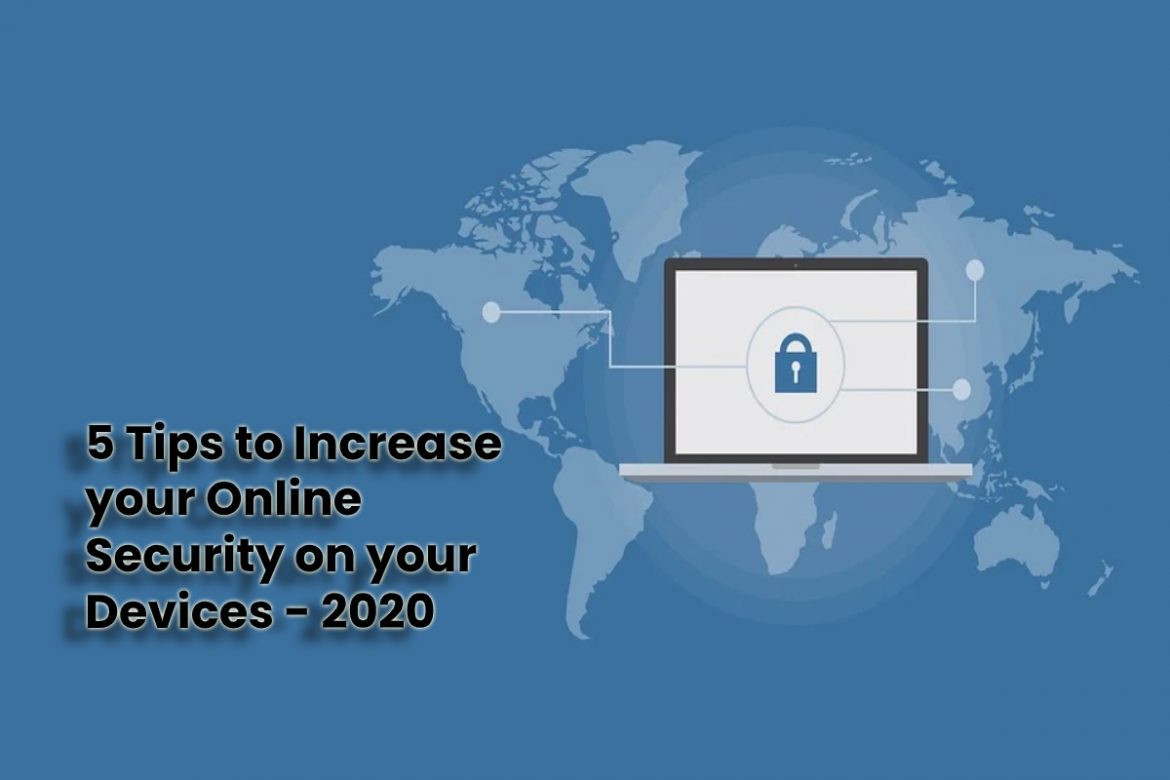When connecting on the Internet, one of the biggest concerns is our security(online security). There are many activities we do online. So it is very important to know how to take care of our devices when connecting to the Internet. This concern grows even more as we are confined. And our devices are the only secure connection to the outside world. That is why in this article, we want you to know 5 simple ways to protect your online presence and navigate more calmly.
Table of Contents
Get an Antivirus
As a first tip, we recommend always having antivirus software that protects you from any threat on the network. You can get free or paid alternatives, which work on the computer, mobile, or tablet. With an antivirus, you make sure that a virus or damaged file does not enter your devices, and in this way, keep all your passwords, files, and personal information safe.
Install a VPN
If what you are penetrating (searching) for is a tool that protects your devices from prying eyes. Then a VPN is the ideal option. This technology is responsible for encrypting all the information you send and receive, establishing a much more secure and private Internet connection. Furthermore, it keeps your
IP anonymous so that hackers cannot track you or damage your equipment.
A VPN helps improve your online security by protecting your IP address from hackers, your ISP provider, and the government. Today, there is a growing concern about our online privacy, pushing many people to even erase their fingerprints. If you still do not know what a VPN is, we recommend that you know this technology that is gaining more and more popular among all kinds of people.
Secure your Passwords
A very simple way to increase online security on your devices and accounts is to create a strong password. Passwords are our access key and should be complex enough to prevent anyone from guessing and stealing our information. Use passwords with many characters, capital letters, numbers, and symbols, and that are preferably not repeated between important accounts.
Secure your Passwords
Unsafe and stolen passwords are a huge problem. When someone has a weak password, they are far more likely to have their account hijacked. Customer identity and access management solutions can help prevent such issues but it’s important to be aware of password protocols.
Clean your Devices Regularly
With a thorough cleaning of your device, you can improve its protection against any cyber attack. Frequently deleting history, cookies, and browsing data reduce the chances that hackers can find you online and track your computers. In addition, it is recommended to always keep the latest software and application updates, as these are the best online security barriers offered.
Be Wary of Strange Messages
As a last tip, we want to warn you about a phishing attack. This is a type of virtual scam that is being seen a lot, and that consists of impersonating a person or company in order to steal important information from the person who receives the message.
To avoid this, we suggest or recommend that you carefully review all emails and messages you receive. And that you do not click(open) on any links or download files. If it is a company trying to contact you, such as your bank. The best thing is to wait for them to call you or send a message through another communication channel to make sure that it is not a scam.
The Importance of Cybersecurity
During the confinement season, there has been an increase in cyber-attacks across the world. Now that we are very dependent on the Internet connection and our devices, it is more vital than ever to know how to protect ourselves online. Still, if you were to suffer an attack, it is best to act as quickly as possible, as mentioned in this article, to minimize the damage. Having good online protection will help you navigate more calmly and take care of all your personal information.


